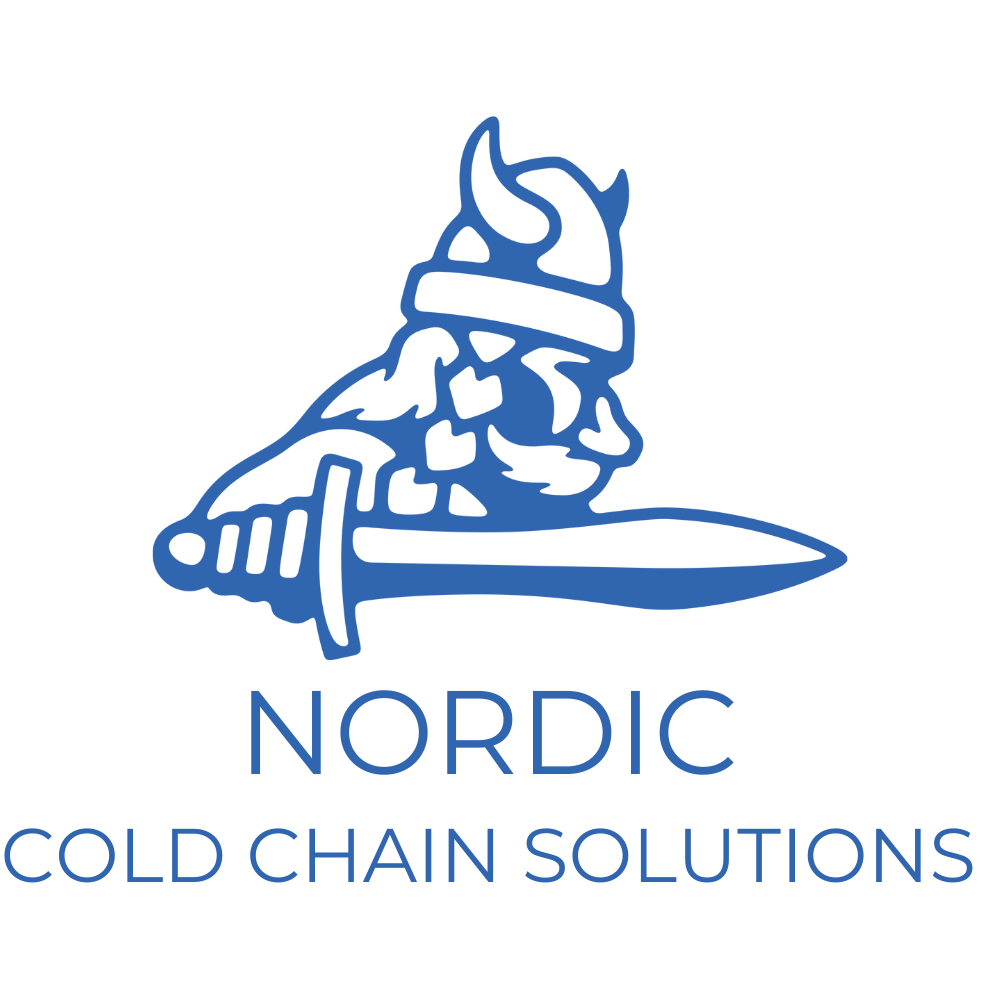The specialty food industry is witnessing a growing demand for sustainable packaging solutions that align with consumer preferences for eco-friendly products. As consumers become increasingly conscious of their environmental impact, specialty food companies are tasked with finding innovative ways to balance sustainability with product quality and customer satisfaction. This challenge has paved the way for cutting-edge gel packs and liners that prioritize environmental responsibility and ensure the freshness and integrity of specialty meals.
Embracing Sustainable Gel Packs and Liners
Specialty food companies can now implement cutting-edge gel packs and liner solutions that prioritize sustainability without compromising product quality. These innovative packaging options minimize environmental impact while maintaining the freshness and integrity of specialty meals during transportation and delivery.
One such solution is the Nordic Elements line from Nordic Cold Chain Solutions, which offers a range of eco-friendly gel packs and liners. These products are made from renewable and biodegradable materials, such as plant-based polymers and recycled materials, reducing the reliance on traditional petroleum-based plastics.
The gel packs and liners from Nordic Elements are designed to provide superior insulation and temperature control, ensuring that specialty meals remain optimal throughout the supply chain. This not only preserves the quality and flavor of the products but also minimizes food waste, further contributing to sustainability efforts.
Advantages of Cutting-Edge Solutions
Cutting-edge gel packs and liners offer significant environmental advantages over traditional packaging solutions for temperature-controlled shipping. Here’s how they compare in terms of environmental impact:
Lower Carbon Footprint:
Traditional packaging often relies on materials like extruded polystyrene (EPS) or polyurethane (PUR) insulation, which have a higher carbon footprint during production and disposal. In contrast, innovative gel packs and liners are made from renewable and biodegradable materials, such as plant-based polymers and recycled materials, reducing carbon emissions.
Improved Energy Efficiency:
Advanced gel packs and liners often incorporate phase-change materials (PCMs) or other innovative cooling technologies that provide superior insulation and temperature control. This improved efficiency reduces the energy required for cooling during transportation, further lowering the environmental impact.
Biodegradability:
Many modern gel packs and liners are made from biodegradable materials, such as biopolymers like polylactic acid (PLA) or cellulose-based materials. These materials can break down naturally into harmless components, reducing the burden on landfills and the environment.
Recyclability:
Some cutting-edge gel packs and liners are designed to be easily recyclable in addition to being biodegradable. This allows for more efficient recycling processes and further reduces waste generation.
Adopting cutting-edge gel packs and liners in temperature-controlled packaging offers significant environmental benefits compared to traditional packaging solutions. By reducing carbon emissions, minimizing waste, improving energy efficiency, and promoting biodegradability and recyclability, these innovative packaging options contribute to a more sustainable and eco-friendly cold chain industry.
Industry-Wide Adoption and Resources
As the demand for sustainable practices continues to grow, the specialty food industry must embrace responsible packaging solutions. By adopting eco-friendly gel packs and liners, companies can demonstrate their commitment to environmental stewardship while meeting the evolving needs of consumers.
How You Can Make a Difference
Specialty food companies have a unique opportunity to lead the way in sustainable packaging practices. By embracing innovative gel packs and liners that prioritize both environmental responsibility and product quality, these companies can meet consumer demands and contribute to a more sustainable future for the industry and the planet.







